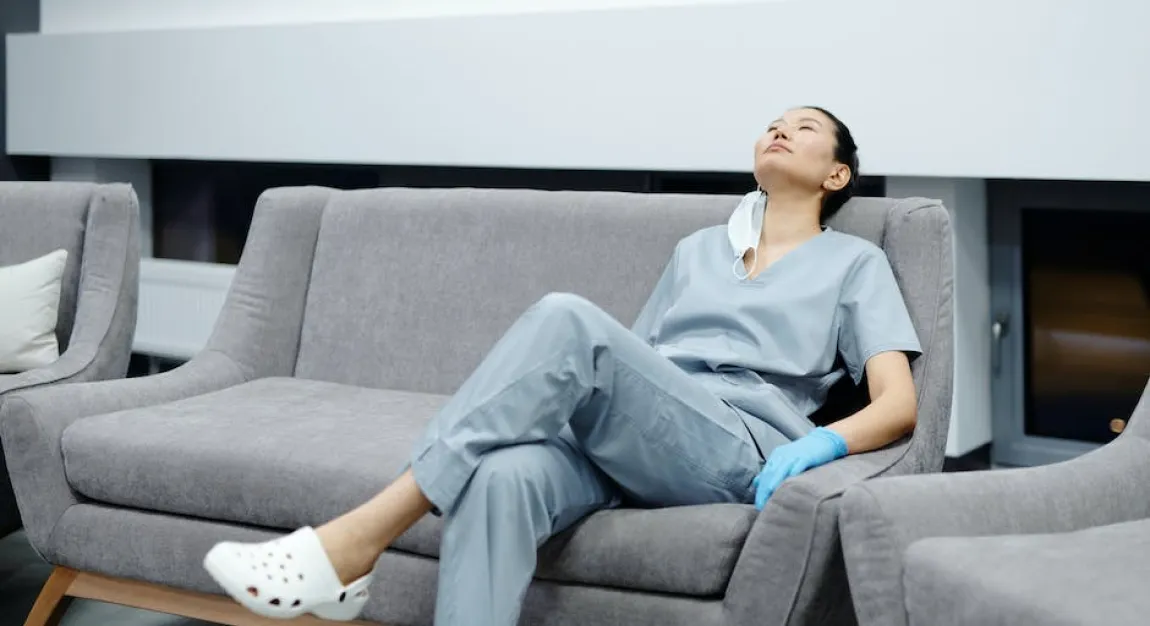- In your early years as a cardiothoracic surgeon, you may encounter another challenging situation: not assessing whether the patient needs an operation, but rather, should you be the one doing the case.
- What is best for the patient should be paramount.
- You should feel comfortable seeking your partners' help, support, and mentorship in the early stages of your career (and beyond).

Early in your training, you may have heard a respected senior surgeon remark that “the hard thing about being a surgeon isn’t the decision to operate; rather it is the decision NOT to operate.” This sage advice becomes increasingly clearer as you move through your career. In your early years as a cardiothoracic surgeon, you may encounter another challenging situation: not assessing whether the patient needs an operation, but rather, should you be the one doing the case. Patient pathology continues to become increasingly complicated, results are heavily scrutinized, and—specifically within the first year or so in practice—everyone is watching. So the questions to ask yourself are, “should I do that case? If not me, then who? And how do I navigate this?”
Ground Rules
Navigating this requires ground rules. Most importantly, what is best for the patient should be paramount. There should be no ego factor when someone’s life is in your hands. Second, and closely correlated, you must be brutally honest with yourself about your technical and surgical capacity and capabilities as they relate to the case you are considering. If you have never seen nor performed the operation from the surgeon side of the table, it is probably not appropriate for you to tackle the case independently.
Seeking Advice
These ground rules lead us to our next point: your partners are there to be partners. You should feel comfortable seeking their help, support, and mentorship in the early stages of your career (and beyond). Simply asking a senior partner what they would do in a situation may be enough to assuage your concerns and confirm that your plan is appropriate and safe.
Multidisciplinary conferences are another perfect opportunity to discuss challenging cases. These can help you confirm the decision to offer or not offer surgery and your operative plan. Use these conferences as a sounding board to enlist help from colleagues regarding your thoughts about the case and your potential concerns from a surgical and technical standpoint. Never be too proud to ask for help. You will learn quite a bit by working with your partners and colleagues. In addition, you will be doing what is best for the patient and building a solid foundational relationship with members of your group. Remember, you are well-trained, competent, and a valued member of the team; that’s why they hired you!
If you come to the conclusion that maybe YOU shouldn’t tackle this case alone, don’t fret! Rely again on your colleagues for help. There are three ways to think about this type of case:
- I can do most of it, but want a senior partner to help;
- I should assist my senior partner to gain some additional experience; and
- This patient is best served by having someone else be their surgeon.
Making a Decision
In the first scenario, talk with your senior partners about being present for portions of or the entire case. This will allow you to have some support in a controlled situation for which they can plan. If the patient would be better suited by having a different or more senior surgeon take the lead on the case, you should still plan and think through the case with your partner, and be primed in the operating room to learn and grow as a junior surgeon. This will allow you to gain additional experience and comfort with the particular procedure and build your confidence. Lastly, if you’re not the right person for this patient, refer them to the person who is. We can’t all be experts in everything. Once you have made the referral, follow up to see how the patient did and if there were any unanticipated challenges or issues that you can learn from.
It is important to remember that many early career surgeons join a practice that is not where they trained. As a result, you will need to build trust anew with your partners, referring providers, and patients. Being available, humble, and collaborative within your group to provide excellent and appropriate patient care will help develop your reputation as a safe, team-playing, and effective cardiothoracic surgeon. Ultimately, this will enhance your value to the group, increase referrals, and allow you to take the best possible care of patients.
